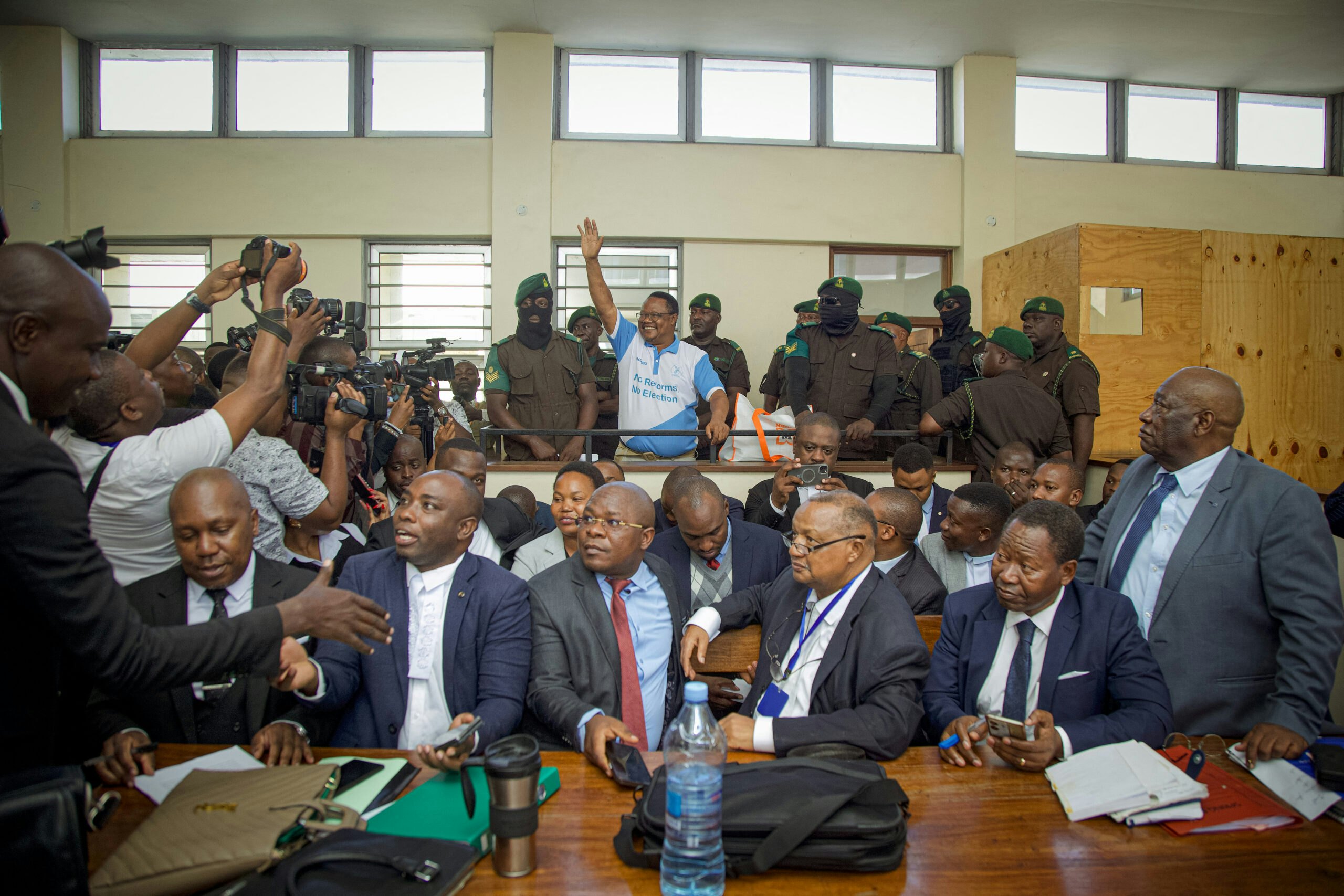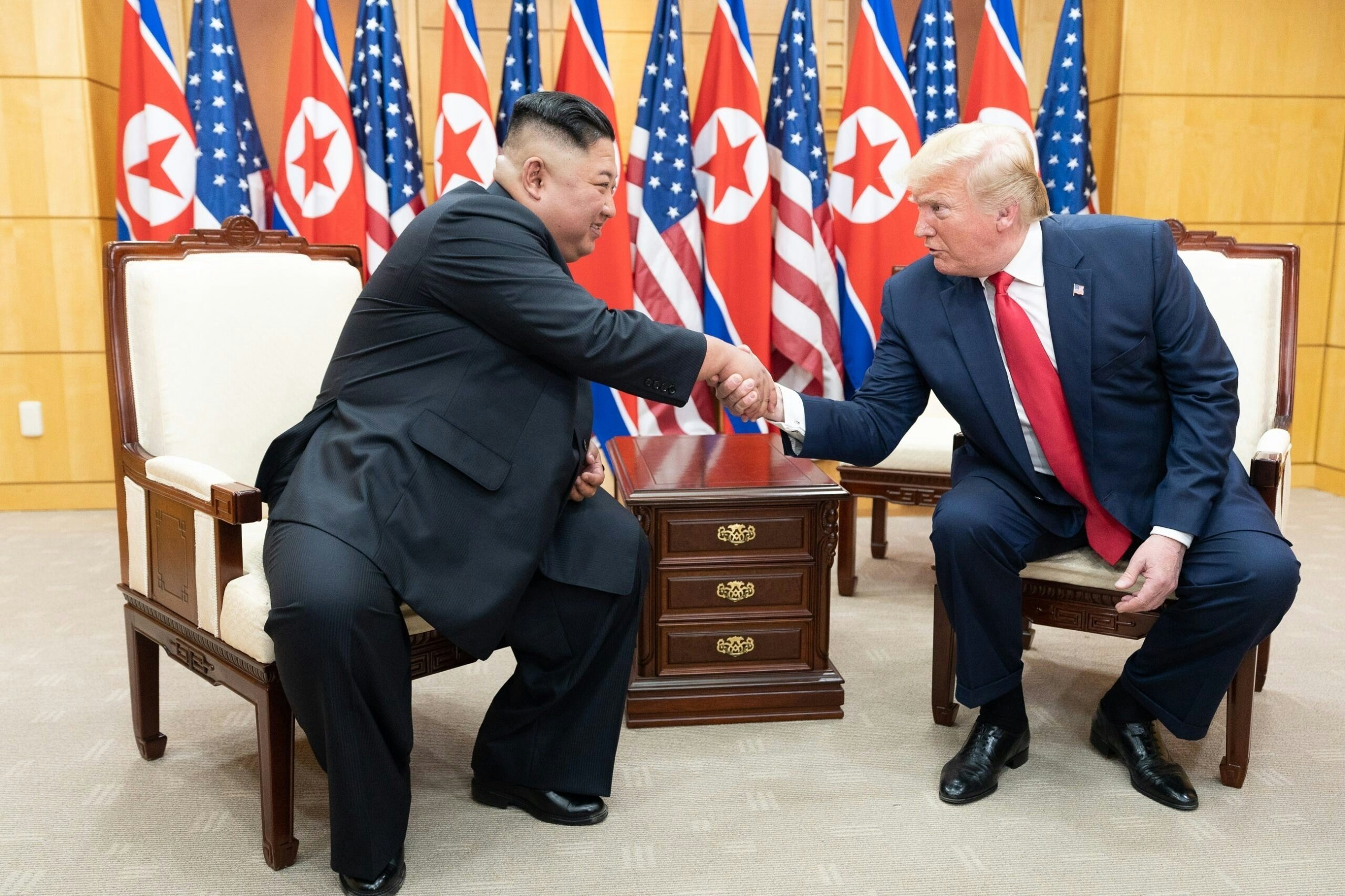Marwa Arafa was at a friend’s Cairo apartment with her 2-year-old daughter when police stormed in and arrested her in April 2020.
After two weeks during which she was “disappeared” – her whereabouts unknown – Arafa appeared in court, where she was charged with belonging to a terror organization. In reality, Arafa works as a translator and English teacher and provides humanitarian support to political prisoners and their families. She also documents the detention of minors in Egyptian prisons. She has now been in pretrial detention more than twice the amount of time allowed by Egyptian law.
Despite the imprisonment of Arafa and thousands of other writers, journalists, activists, and opposition figures, the Biden Administration in September overrode congressionally mandated human rights conditions on $320 million of the $1.3 billion the United States provides Egypt annually in military aid.
Secretary of State Antony Blinken asserted that Egypt had made progress in releasing political prisoners and providing detainees due process to release $95 million. He exercised a national security waiver to release another $225 million. U.S. officials justified this by citing Egypt’s importance to ending the Hamas-Israel war and freeing Israelis, Americans, and others still held there as a result of the Oct. 7, 2023, attack.
Neither of these rationales stands up to scrutiny, and Arafa’s is a case in point.
Sara Mohamed of the Middle East Democracy Council knows Arafa through their human rights work. Arafa provides vital help to detainees and their families, many of whom have lost their breadwinner, Mohamed told me. After some prisoners were released, “Marwa connected people back to life and helping them reclaim their dignity” through business and English courses or learning English.
In prison, Arafa faces the same suffering she worked to alleviate. Authorities have refused her mother’s deliveries of necessities and food, which are essential in light of the conditions inside Egyptian prisons. Recently, she sounded an alarm about sexual harassment of prisoners at the facility where she is held.
The forced disappearance and pretrial detention Arafa has experienced are just two hallmarks of Egypt’s harsh and arbitrary judicial system. Another is the practice of case “recycling” or “rotation,” in which the authorities use various pretexts to continue holding prisoners who have completed their sentences.
Consider the case of activist and blogger Alaa Abdel-Fattah, who became prominent during Egypt’s 2011-2012 Arab Spring democracy movement.
Abdel-Fattah has been in prison almost continually since 2014. He was scheduled for release in September, but the authorities decided that his time in pretrial detention doesn’t count toward the sentence, a violation of Egyptian law. His mother, Laila Soueif, an activist and academic, has held a prolonged hunger strike.
Egyptian President Abdel-Fattah el-Sissi’s regime uses the illusion of reform to forestall international pressure, according to Seth Binder of MEDC. Egyptian government initiatives, like a pardon committee and human rights strategy, serve as a facade that appeases the international community.
“Once they felt pressure ease a little bit, they basically ended releases,” he told me. “For every release over the past couple of years, there were three more arrests, so the total number of political prisoners has never actually decreased; it has increased.”
Biden Administration officials cited planned revisions to Egypt’s criminal code as part of the rationale for waiving human rights conditions on U.S. aid. But rather than fix the system’s flaws, the draft code is introducing new ones, according to the analyst Mai El-Sadany.
The draft is “Trojan horse-esque,” El-Sadany argued in Lawfare. It contains “a handful of articles that promise superficial improvements to pretrial detention while burying tens of articles across 94 pages that, if collectively approved, will destroy foundational due process protections and usher in one of the most dystopian criminal justice frameworks in Egypt’s modern history.”
In addition, el-Sissi simply doesn’t share U.S. priorities. After all, Egypt enabled the Oct. 7 attack on Israel that started the conflict by turning a blind eye to allow Hamas to smuggle weapons and material to Gaza through tunnels linked to Egypt’s vast Sinai region.
Egypt has also acted in bad faith as an interlocutor in ceasefire negotiations between Hamas and Israel, blocked aid from entering Gaza, and allowed a state-linked company to demand exorbitant fees from those trying to leave.
Washington should press el-Sissi over his escalating repression and disastrous corruption-plagued economy, which has been made worse by the president’s pet military-sponsored mega projects.
Rather than waive human rights conditions on Egypt, Washington should uphold them until Egypt releases Arafa, Abdel-Fattah, and thousands more political prisoners and undertakes measurable criminal and judicial reform.































